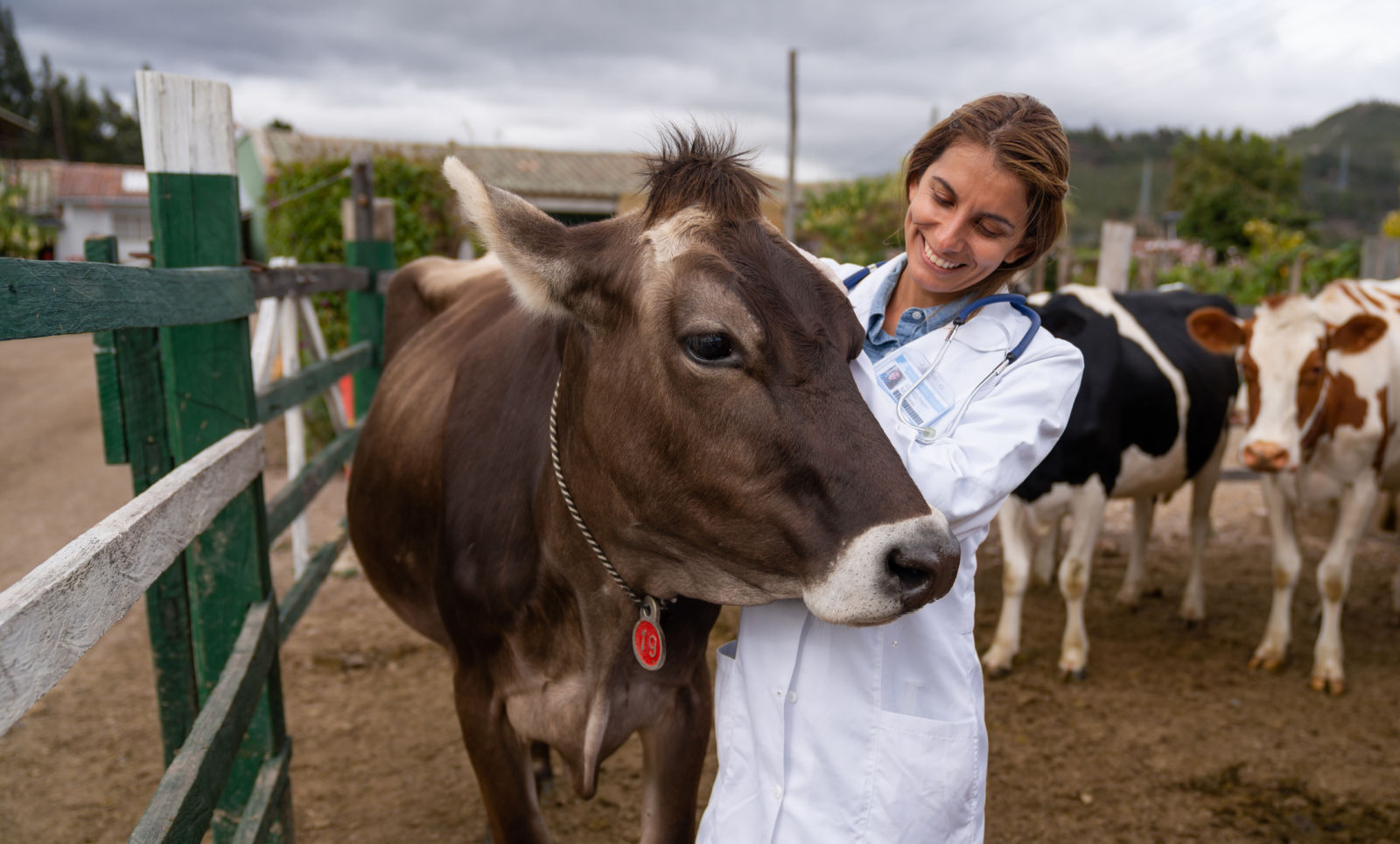Are we vets or doctors?
Our role in providing impactful insights to business issues

In the movie Nine Months Robin Williams has a wonderfully hilarious role as a Russian vet who somehow gets a license to practice gynaecology among humans in the United States. His first patient is our heroine, who is naturally horrified by the prospect, especially as he miscalculates her conception date by entering her as ‘simian’ into his computer program. In reality, however, to become a veterinary surgeon can actually be more difficult and time-consuming than becoming a doctor for humans. This is because the prospective vet has to master the physiology of any number of animals while the doctor only has one mammal to deal with.
What on earth, you ask, has this got to do in any way, shape or form with research, analytics, and insights?
The answer lies in our role in providing impactful insights into business issues. Two decades ago, it could be argued that market researchers were more akin to vets than they are today. In those days, researchers had to master a wide array of methodologies, statistical techniques, and reporting formats to be able to answer any number of issues and deliver advice to their clients. In the modern world where, according to Lucid’s ResTech map, there are no fewer than thirty-three sub-segments to our industry, specialization seems more to be the norm. Furthermore, researchers and analysts tend to categorize themselves into sub-specialities – UX, CX, media, advertising, innovation, corporate reputation, social, political, retail… you name it. Are we perhaps becoming over-fragmented, overly tribal in how we classify ourselves? And is this helpful to clients who, after all, need answers and direction?
Is what's good (and bad) for medicine good (or bad) for research?
Let's imagine that you start to feel unwell. You go to your doctor and, in the majority of cases, you will see your family physician who is trained across the spectrum of diseases and conditions. Normally, they will be able to diagnose you and suggest a course of action. But in some cases, they will be stumped and refer you to a specialist, which is probably a good thing. But, in some circumstances, you may be struck by a condition that nobody quite understands. In which case, you are likely to be passed from specialist to specialist, each of whom comes up with a different diagnosis or worse, no diagnosis at all. What is missing in this situation is a synthesis of all the possible information and possibilities that could lead to a solution.
And so it is in research. In most cases, the issue is clear and it makes sense to bring it to a specialist. Which product concepts should we move forward with? How do we increase the impact of our advertising? Specialist researchers should indeed be the ones to whom you ask these questions. But what of situations in which the issue is more fundamental and perhaps less defined? Why is our market share falling? Why is our brand image lagging? Why is our new product failing to meet targets? The likelihood is that different specialists will give you different answers based on the lens through which they are looking and in which they are trained. Just as in medicine, what you need here is the capability to synthesize information from a variety of different sources as well as the ability to divine the story and the solution needed to resolve the issue.
Recognizing the need for balance
Ten years ago, Ian Lewis and I contributed the first part of a book called Leading Edge Market Research (published by Sage) in which we posited that there were two paths to a successful marketing research career:
Generalists who are strong conceptual thinkers, strategic, future-focused, and change agents who understand the business. They need to become great consultants who seek alignment on key management needs, synthesize information from multiple sources, build strong relationships, tell compelling stories, and persuade management to take action.
Specialists who align themselves with one or more of the numerous growth areas. Growth areas include consumer listening, advanced analytics (e.g. statistics, modelling, data mining, web analytics, media measurement & analytics), online communities, co-creation capabilities, business intelligence platforms, shopper insights, neuroscience/biometrics, behavioural economics, global and multicultural experts, ethnography & anthropology.
In later years, we changed the nomenclature of ‘generalists’ to ‘polymaths’ – people whose expertise spans a significant number of subject areas, known to draw on complex bodies of knowledge to solve specific problems.
To these two paths today, I would add a third that I would call ‘technicians’ – those that supply the technologies that enable data to be collected, collated, analysed, and displayed in ways that never existed in the past.
Once again, such a structure is not that dissimilar to that which we find in medicine – technicians, specialists, generalists (family physicians), and polymaths (and, yes, that includes vets as well as consultants). Each plays a vital role in answering today’s pressing business questions and all are important. But all need the basic underpinnings and training that lead to viable answers based on accurate data.
So, are we vets or doctors? Yes.
Simon Chadwick
Managing Partner at Cambiar Consulting, Editor in Chief of Research World at EsomarSimon founded Cambiar in 2004 to provide strategic assistance to research and insight companies as they face rapid and fundamental change. With 40 years of guiding and managing international organizations of various sizes and stages, Simon’s advice and counsel has helped many companies increase their value – to stakeholders, investors and clients.
He is an acknowledged industry leader, author and conference speaker. In addition to his role at Cambiar, Simon is also a Fellow of the Market Research Society, past Chairman of the Insights Association and Editor-in-Chief of Research World, ESOMAR’s global magazine.
He holds an MA in Philosophy, Politics and Economics from Oxford University, UK, and has done post-graduate studies at both Columbia and Harvard business schools in Change Management and Strategic Management.


